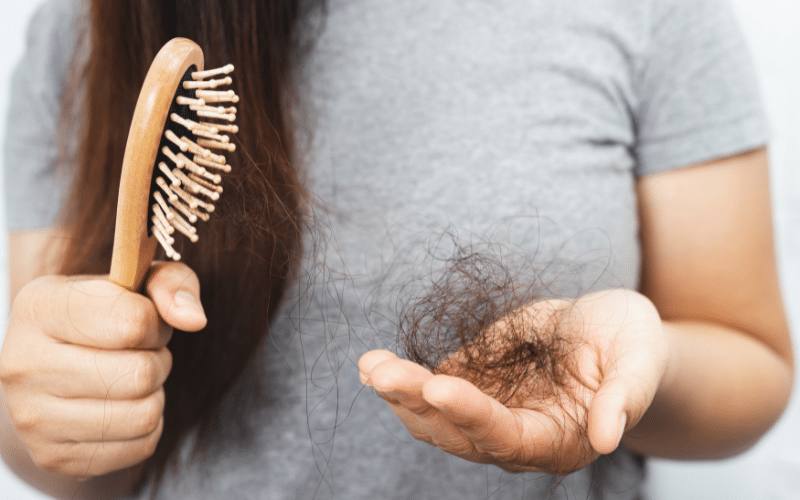6. Hair Loss: An Unexpected Consequence of Scalp Ringworm

While tinea corporis primarily affects the skin, scalp ringworm (tinea capitis) can cause hair loss in the affected area. This symptom occurs as the dermatophyte invades the hair shaft, leading to weakened hair that breaks easily or falls out.
Hair loss may appear as patches of baldness or thinning hair, often with a scaly, flaky scalp. In some cases, the hair may become brittle and develop a gray or dull appearance. This symptom can be particularly distressing, as it may impact an individual’s self-esteem and confidence.
To treat scalp ringworm and associated hair loss, over-the-counter antifungal shampoos containing ingredients such as selenium sulfide or ketoconazole may be used. However, in many cases, a prescription oral antifungal medication is required to effectively treat the infection. It is crucial to consult a healthcare professional for the appropriate treatment plan and to follow the prescribed course of medication to ensure the infection is eradicated.
Once the infection has been treated, hair growth should gradually return to normal. However, it may take several months for the hair to fully regrow and regain its original thickness. (6)